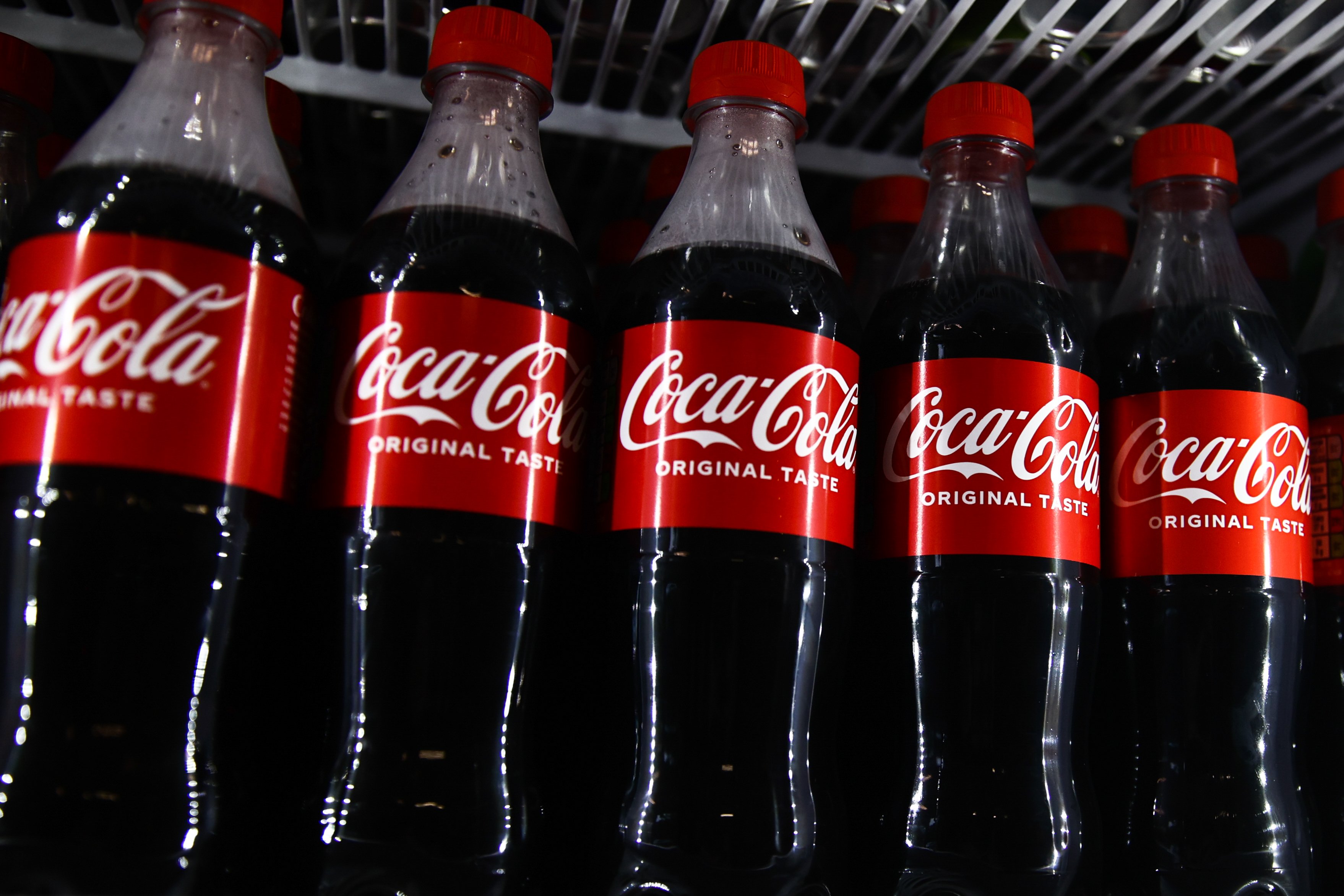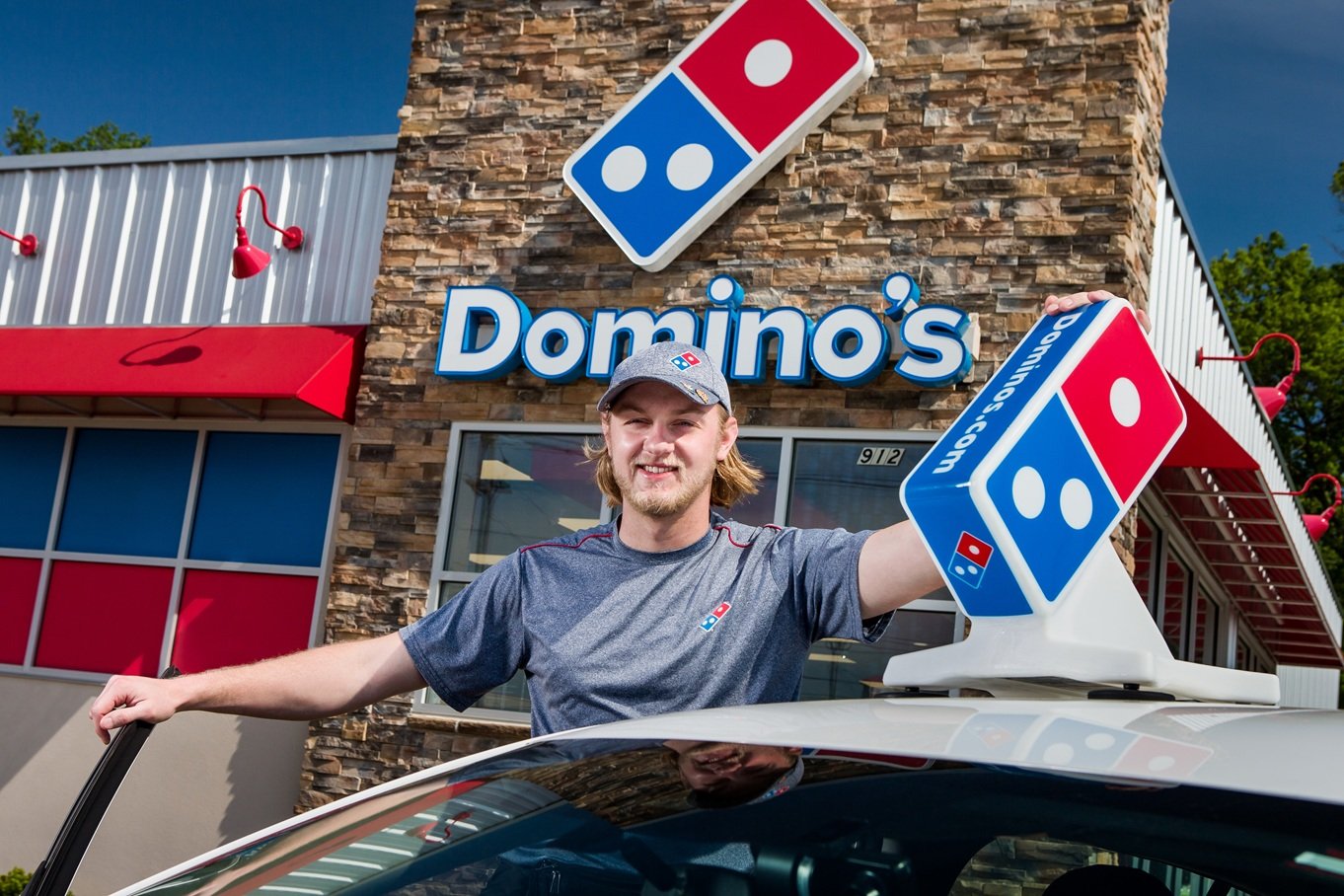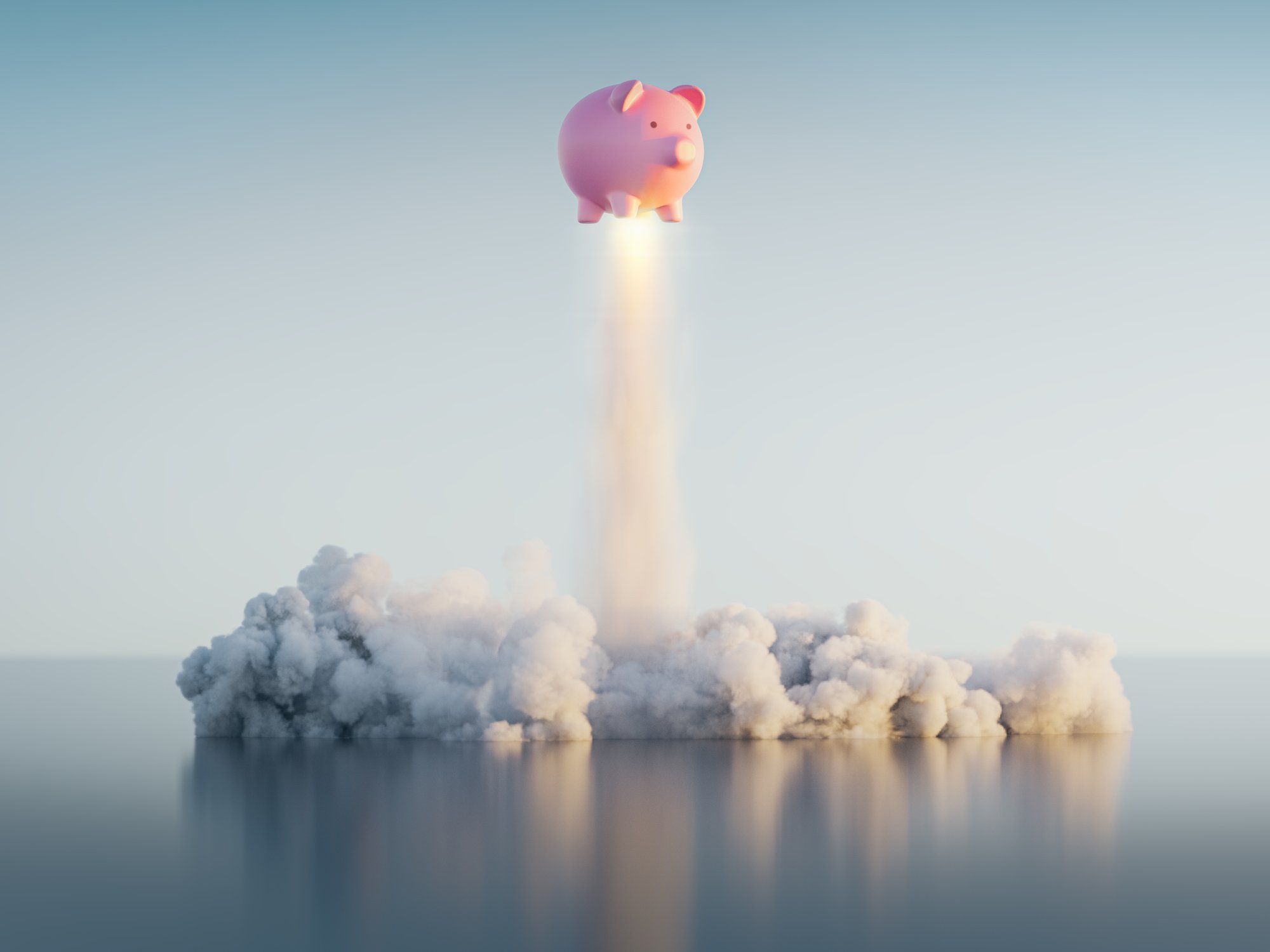PepsiCo (PEP +2.01%) and Coca-Cola (KO +0.54%) stocks have been on separate paths since the COVID-19 pandemic scrambled consumer demand in 2020. Both businesses were hurt in April as crowded events like sports and concerts were canceled and on-the-go snacking opportunities plunged.
Pepsi recently demonstrated that the demand hit wasn't as bad as many investors feared. But there are some key differences between the two rivals that suggest Coca-Cola will have worse news for its shareholders when it announces second-quarter results on July 21.
Let's take a closer look.

Image source: Getty Images.
Plunging beverage demand
Pepsi revealed a stark drop in beverage demand that nonetheless implies some brighter news for Coca-Cola's upcoming report. Its drink volume contracted by 11% compared to a 7% increase in the prior quarter. CEO Ramon Laguarta and his team blamed slumping customer traffic at places like convenience stores, theaters, and gas stations for the drop, which was only partially offset by increased demand at supermarket chains. Coke's last update showed a 25% slump in early April, but Pepsi's report suggests that trends didn't stay that low for long.
However, Coke's business is almost entirely beverage based while Pepsi generates lots of sales through snacks and packaged food sales. That wider portfolio allowed it to report flat organic sales for the quarter as overall revenue edged down by just 3%. Coke, in contrast, is expected to announce an over 25% revenue drop in its Tuesday report.
Worse financial news
The outlook is even worse for the beverage leader's finances. Pepsi reported a painful profitability slump as sales tilted away from those high-margin on-the-go products. Management also had to spend over $400 million on health and safety expenses related to the pandemic.
Coke's results will be influenced by the same negative trends, but they'll be amplified by its bigger sales shortfall. It's no wonder, then, that Pepsi is still planning to send about $8 billion to shareholders in direct cash returns while Coke has been busy taking on new debt. Most investors who follow the stock are looking for earnings to fall to about $0.41 per share this quarter compared to $0.63 per share a year ago.
Looking forward
Coke is in the same uncertain situation as Pepsi when it comes to trying to project sales trends in the context of continued outbreaks and an economic contraction. Yet its second-quarter result runs through the end of June while Pepsi's ended in the middle of the month. That small difference is usually insignificant, but it might give CEO James Quincey and his team more clarity at a time when consumer demand is shifting by the week.
Sales volumes had been rising by about 3% in early March before collapsing by 25% the following month. Coke's comments about the fiscal third quarter will likely fall somewhere within that wide range of results. But, while Pepsi forecast a quick return to modest growth and softer profitability declines, Coke is almost sure to warn investors to brace for more significant slumps on both the top and bottom lines through late 2020.







